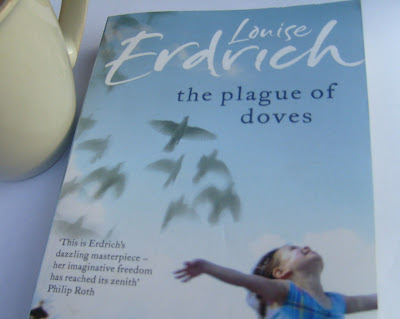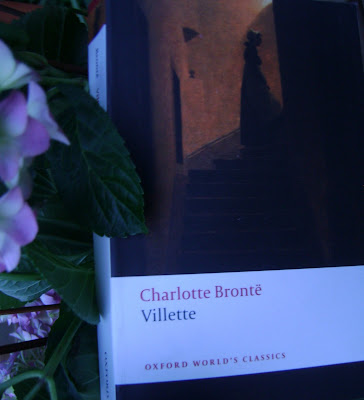
December 25th. - Last Christmas I was a bride, with a heart overflowing with present bliss, and full of ardent hopes for the future - though not unmingled with foreboding fears.Thus writes Helen Huntingdon in her diary entry of 1822. Helen's foreboding fears are justified as her handsome husband emerges as a debt-ridden alcoholic who chased every woman 'aged between fifteen and forty-five.' Helen's strong Christian faith sees her through his humiliating affair with Lady Lowborough and his long drunken sojourns in London, but when he tries to install another of his women in their home as governess to their young son, Helen decides to take her child and run. Discovering her plan by reading her diary her husband destroys all of her art materials - her only means of earning a living - and cuts off all of her access to money and keys. Eventually Helen does escape with her son to a village many miles away and excites local gossip as the mysterious tenant of Wildfell Hall.
Many of the conventions of the Victorian novel can be observed in The Tenant of Wildfell Hall. The story is relayed through letters and diary entries. The good are rewarded and the wicked are punished, but Anne Bronte pulls no punches and the dissipation of Arthur Huntingdon is almost certainly a fictional portrayal of the troubled Branwell Bronte. Charlotte Bronte thought it a step too far, but Anne's interest in social justice and the lowly position of women in Victorian society is evident in both her published novels.
.JPG)



















.JPG)
.JPG)







.JPG)


















